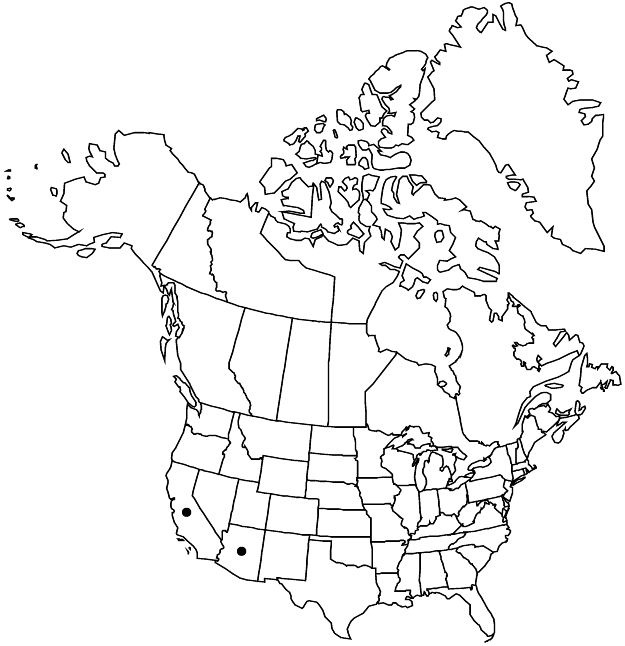Difference between revisions of "Euphorbia pediculifera var. pediculifera"
FNA>Volume Importer |
imported>Volume Importer |
||
| (4 intermediate revisions by 2 users not shown) | |||
| Line 1: | Line 1: | ||
{{Treatment/ID | {{Treatment/ID | ||
|accepted_name=Euphorbia pediculifera var. pediculifera | |accepted_name=Euphorbia pediculifera var. pediculifera | ||
| − | |accepted_authority= | + | |accepted_authority= |
|publications= | |publications= | ||
|basionyms= | |basionyms= | ||
| Line 27: | Line 27: | ||
-->{{#Taxon: | -->{{#Taxon: | ||
name=Euphorbia pediculifera var. pediculifera | name=Euphorbia pediculifera var. pediculifera | ||
| − | + | |authority= | |
| − | |authority= | ||
|rank=variety | |rank=variety | ||
|parent rank=species | |parent rank=species | ||
| Line 42: | Line 41: | ||
|publication year= | |publication year= | ||
|special status= | |special status= | ||
| − | |source xml=https:// | + | |source xml=https://bitbucket.org/aafc-mbb/fna-data-curation/src/2e0870ddd59836b60bcf96646a41e87ea5a5943a/coarse_grained_fna_xml/V12/V12_599.xml |
|genus=Euphorbia | |genus=Euphorbia | ||
|section=Euphorbia sect. Anisophyllum | |section=Euphorbia sect. Anisophyllum | ||
Latest revision as of 19:16, 5 November 2020
Herbs, annual or perennial, with taproot. Stems prostrate to ascending, 15–50 cm, strigose to short-sericeous when young, glabrate with age. Leaves opposite; stipules distinct (lower side) or connate (upper side), usually inconspicuous, filiform to triangular-subulate, 0.5–1 mm, strigose to short-sericeous; petiole 1–2 mm, strigose to short-sericeous; blade usually ovate to oblong, rarely linear or spatulate, 2–37 × 1–10 mm, base oblique to subsymmetric, cuneate to slightly rounded or cordate, margins entire, apex acute, adaxial surface sometimes with reddish blotch in center, both surfaces strigose, short-sericeous, or tomentose to glabrate; venation palmate at base, pinnate distally, only midvein conspicuous. Cyathia solitary at distal nodes; peduncle 0.5–1.5 mm. Involucre campanulate, 1.5–2 × 1.2–1.6 mm, closely strigose to short-sericeous to glabrate; glands 4, usually dark purple, rarely green-brown, oblong, 0.5 × 0.7–1.3 mm; appendages absent or white, ± unequal, irregular or rudimentary, 0.6–1 × 1–1.5 mm, distal margin entire or crenately lobed. Staminate flowers 22–25. Pistillate flowers: ovary densely strigose to short-sericeous; styles slender, 1–1.2 mm, 2-fid nearly entire length. Capsules broadly ovoid, 2 mm diam., strigose to short-sericeous; columella (1.4–)1.8–2 mm. Seeds white, slender ovoid, 3-angled to almost round in cross section, 1.2–1.6 × 0.6–0.7 mm, with 4–5 rounded, transverse ridges encircling seed.
Phenology: Flowering and fruiting year-round.
Habitat: Desert scrub, thorn scrub, rocks and sandy washes.
Elevation: 0–1200 m.
Distribution

Ariz., Calif., Mexico (Baja California, Baja California Sur, Sinaloa, Sonora).
Discussion
Selected References
None.